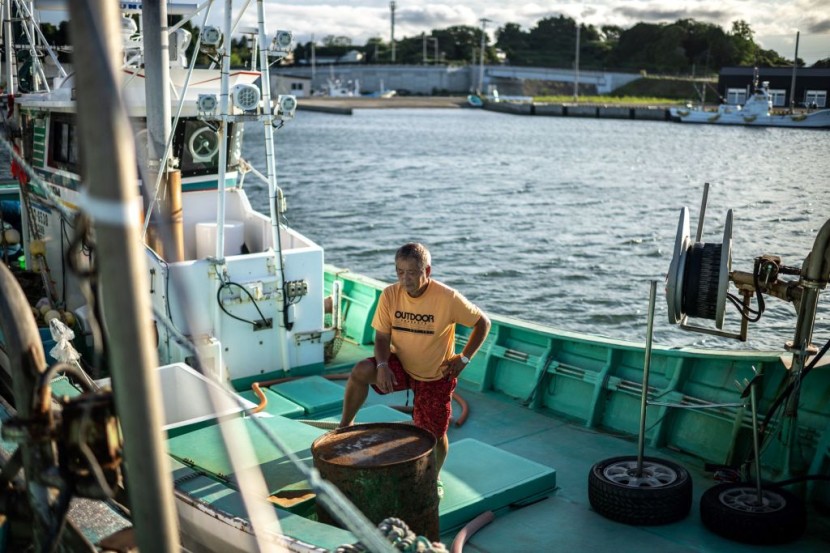On Monday, Japanese Prime Minister Fumio Kishida pledged that his country will provide fishing villages with all the assistance they need as it takes decades to release treated radioactive wastewater from the destroyed Fukushima nuclear plant into the ocean.
Kishida committed to taking action to preserve the fishing industry's reputation during his meeting with fisheries representatives, as reported by The Associated Press.
The National Federation of Fisheries Cooperatives' Masanobu Sakamoto underlined the group's opposition to the release.
He claimed that although the fishing community had grown somewhat more confident about the move's safety, they still feared damage to their business and appreciated the government's promise of support.

Later, Kishida told reporters that Sakamoto's reaction indicated better communication and that important Cabinet members will meet on Tuesday to decide when to begin the distribution. NHK, Japan's national television, said that the administration hoped it would start as soon as Thursday.
Read also: Fukushima Water Release Aftermath: China Now Boycotting Japanese Cosmetics Brands!
Assisting Fisheries
Sakamoto commended the government for promising to assist the fisheries in the long run and asked for further funds if required. 80 billion yen ($550 million) in financing has been provided by the government for sustainable fishing operations as well as other initiatives aimed at boosting sales.
The fishing industry's lessening opposition to the release is crucial since, following earlier unintentional and unauthorized discharges, the government pledged in 2015 not to begin without "understanding" from fishing groups.
Three reactors at the Fukushima Daiichi facility melted down as a result of a powerful earthquake and tsunami that struck on March 11, 2011, polluting their cooling water. Around 1,000 tanks are used to collect, filter, and store the water. These tanks will be full by the beginning of 2024.
Although most scientists concur that treated wastewater would have little to no environmental impact, some urge greater attention to the numerous low-dose radionuclides that are still present.
To create a place for the plant's decommissioning and to avoid unintentional leaks from the tanks, according to the government and the plant's operator, the water must be removed. They claim that all of the treated water will be put through many processing steps to make it safer beyond international standards before being diluted.
In a final report released in July, the International Atomic Energy Agency-which had requested Japan's assistance to increase transparency and credibility-concluded that the plan, if carried out as intended, will have a minimal impact on the environment and human health.
To prevent the matter from interfering with their relationship, the administration has also increased its outreach efforts to neighboring nations, especially South Korea.
Related article: Fukushima Water Release Plan Underway Despite Opposition from Fishing Officials








